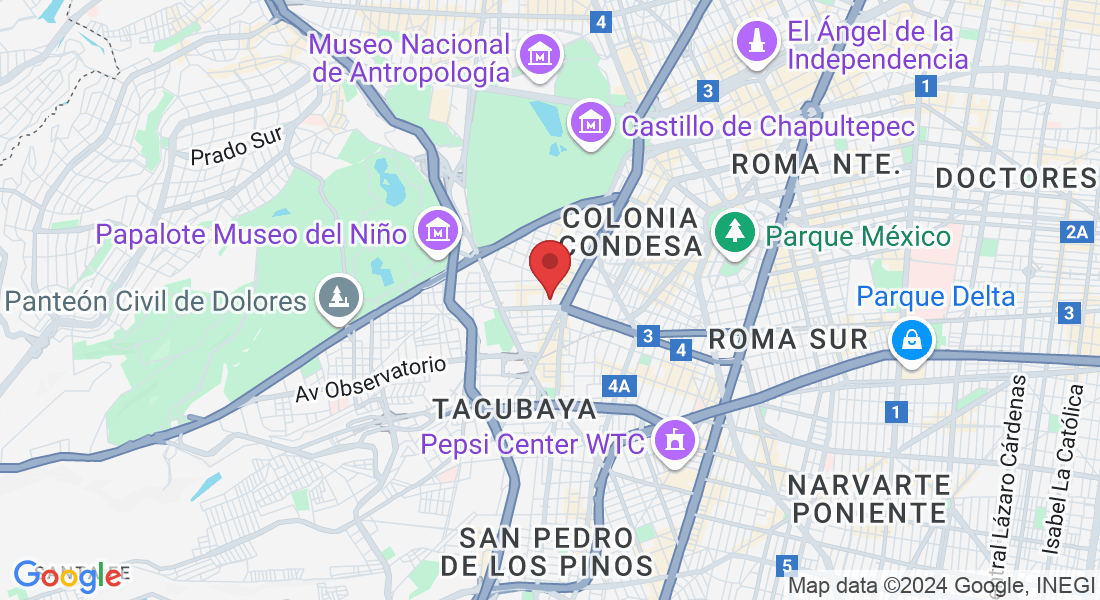
How to Deal with Altitude Sickness
How to Deal with Altitude Sickness in the Mountains of Mexico
Altitude sickness, also known as soroche, is a set of symptoms that can affect those who ascend to high altitudes, typically above 2,500 meters (about 8,200 feet) above sea level. This phenomenon is particularly relevant in the mountains of Mexico, home to some of the country's highest peaks, such as Pico de Orizaba and Iztaccíhuatl. Below are strategies for preventing and managing altitude sickness during your adventures in these stunning mountains.

Understanding Altitude Sickness
Altitude sickness occurs due to the decrease in atmospheric pressure and oxygen concentration as you ascend. Symptoms typically appear within 4 to 8 hours after gaining altitude and may include:
- Headaches
- Nausea and vomiting
- Extreme fatigue
- Difficulty breathing
- Dizziness and confusion
In severe cases, it can develop into pulmonary or cerebral edema, which are potentially life-threatening conditions.
Prevention of Altitude Sickness
1. Gradual Acclimatization: Allowing your body to adapt to altitude is crucial. Plan slow ascents and avoid climbing more than 500 meters per day once you exceed 2,500 meters. It’s advisable to spend several days at an intermediate altitude before attempting higher peaks.
2. Proper Hydration: Stay well-hydrated before and during your ascent. Drinking enough water helps your body adapt better to high altitudes.
3. Carbohydrate-Rich Diet: Consuming foods high in carbohydrates can be beneficial, as they provide energy and improve adaptation.
4. Avoid Alcohol and Tobacco: These substances can exacerbate the symptoms of altitude sickness and hinder acclimatization.
5. Medication Use: Consult with a doctor about the possibility of using medications like acetazolamide (Diamox), which can help prevent or reduce symptoms of altitude sickness.
What to Do If Symptoms Appear
If you begin to experience symptoms of altitude sickness:
- Stop Ascending: Do not continue climbing; find a place to rest.
- Descend if Symptoms Persist: If symptoms do not improve with rest, descend to a lower altitude where you feel better.
- Seek Medical Attention: If you experience severe symptoms such as difficulty breathing or confusion, it’s crucial to seek immediate medical help.
Additional Considerations
- Medical Insurance: Ensure you have insurance that covers high-altitude activities and medical emergencies.
- Proper Gear: Bring appropriate clothing for cold weather and specialized mountaineering equipment, as conditions can change rapidly at high altitudes.
Conclusion
Altitude sickness is a real concern for those exploring the mountains of Mexico. However, with proper preparation and knowledge on how to prevent and manage its symptoms, you can fully enjoy the natural beauty these impressive peaks offer. Always listen to your body and act cautiously during your ascents.
Get In Touch
Email: [email protected]
Address
Colonia San Miguel Chapultepec, Joaquin A Perez 18, Mexico City
Assistance Hours
Mon – Sun 7:00am – 9:00pm
Phone Number:




